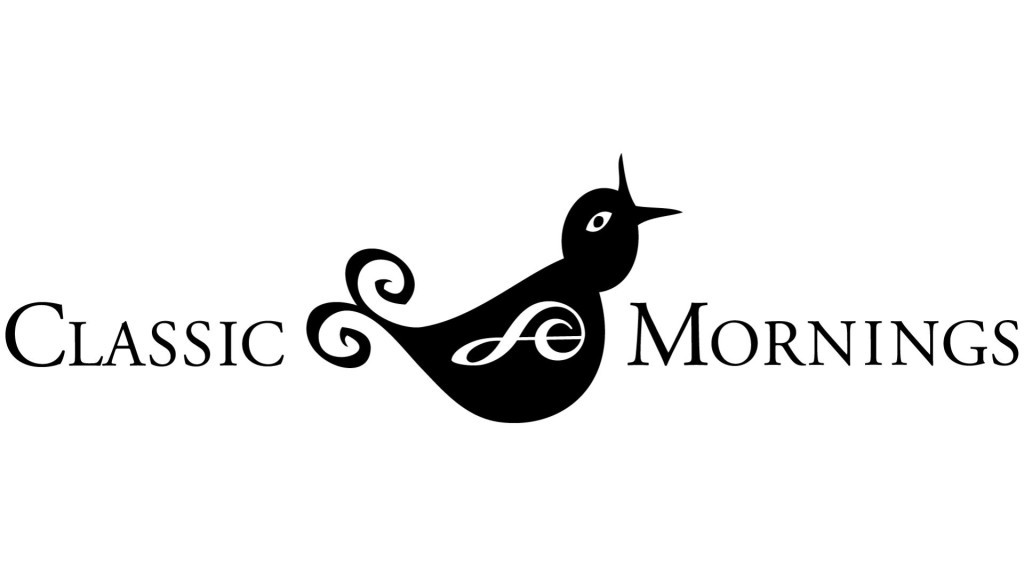Once Upon A Classic Morning

They have no plots. But they feature fun stories. And isn’t that enough to make them ideal for summer reading?
Over the past few weeks, I’ve been recommending not books, but 11+ years of Classic Mornings blogs. I’ve invited listeners to revisit some of the stories I’ve brought to the program and to the blog. Even I am entertained by some I’ve forgotten, simply because so many others have appeared in between.
But this is more than a promo for earlier blogs. Recently, I decided that I wanted to learn something new about George Frideric Handel’s harp concerto. I’ve played it many times over the years, since listeners enjoy hearing it. I’ve mentioned that Handel wrote the concerto for either harp or organ, and that it made its first appearance, along with other instrumental works, during Handel’s ode: Alexander’s Feast.
So, what else did I learn? The harp version came first. But it was published as an organ concerto. It can also be played as a harpsichord concerto, as the strings inside a harpsichord are plucked mechanically when the keys of the keyboard are pressed down, just as the strings of a harp are plucked.
At a website called Harp Column, I learned that there are at least 13 different editions of the concerto, as prepared by harpists over the centuries, in addition to the original published edition. When it’s played as a harp concerto, there are flutes and recorders in the score. When it’s played as an organ concerto, there are oboes in the score.
According to some sources, the concerto was written for the triple harp, a Welsh instrument that had its origins in Italy. And there are suggestions that the concerto was written for harp and lute. That had lots of harpists at the Harp Column website all upset about the prospect of having to play the concerto with a lutenist. In a nutshell, somebody suggested that lutenists spend one-third of their lives re-tuning their instruments. I was amused by that comment, and had to share it.
July marked the 70th anniversary of the first performance by the Beaux Arts Trio at the Berkshire Music Festival in Lennox, Massachusetts. I wonder if Menahem Pressler could have imagined at the time that he would be the pianist for the group’s entire 53 years. And it’s been 35 years since the live concert with the Berlin Philharmonic, led by Daniel Barenboim, was presented in the vicinity of the Olympic stadium in Berlin. When I play selections from that concert, I remind listeners that it took place the summer after the Berlin Wall came down, and close to where American Olympian Jesse Owens won his four gold medals in 1936.
I’m not sure what led me to a website that revealed a fun item about the youngest member of the Vienna Strauss family. You probably know somebody with the name Eddie, which is short for Edward. Do you know anyone with the name Edi? It’s not an alternate spelling of the name Edie. The German language version of Edward is Eduard. And the familiar version or “Eddie equivalent” is Edi, pronounced like Eddie, with a long “A” sound at the outset, and rhyming with “Katie”
I had learned years ago from author Peter Kemp, who has written about the Strauss family, that Eduard Strauss had planned on a diplomatic career. His brother, Johann, talked him into taking over the Strauss Orchestra, which he then led from the early 1860s until 1901, when it disbanded. Eduard became a sort of musical diplomat, as he toured around the world with the orchestra. And he had a gift for languages, so he’d be thrilled that you’re learning the proper way of saying the shortened version of his name.
I told that story at the outset of Classic Mornings on Thursday, July 17. Several selections later, we had our own story, which I couldn’t tell until well over an hour later. The audio board in Studio D suddenly blew out, and in dramatic fashion! Within minutes, two engineers arrived to diagnose the problem. Shortly after, one of them was on the phone seeking the advice of the manufacturer.
They removed some pieces of equipment and brought them to the engineering shop, where they attempted to make the necessary repairs. When they returned to the studio, they reinstalled the equipment. Moments later, the board was up and running. They did all of that in just over an hour. And I was able to be with listeners for the final hour of the program!
I repeated that story a number of times afterwards. I wanted listeners to have a glance “behind the scenes,” and to reassure them about the importance of their support for the station. That support continues. And we are most grateful!

